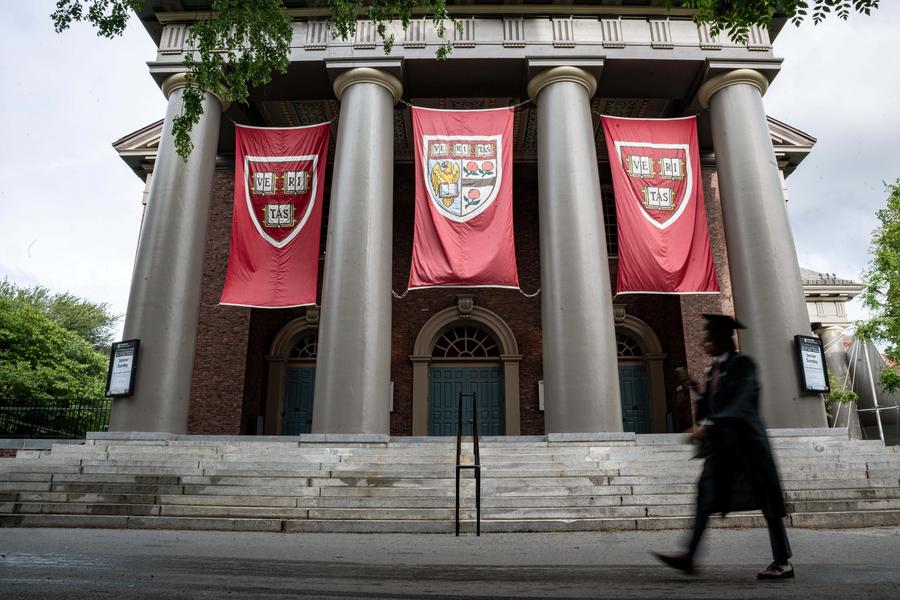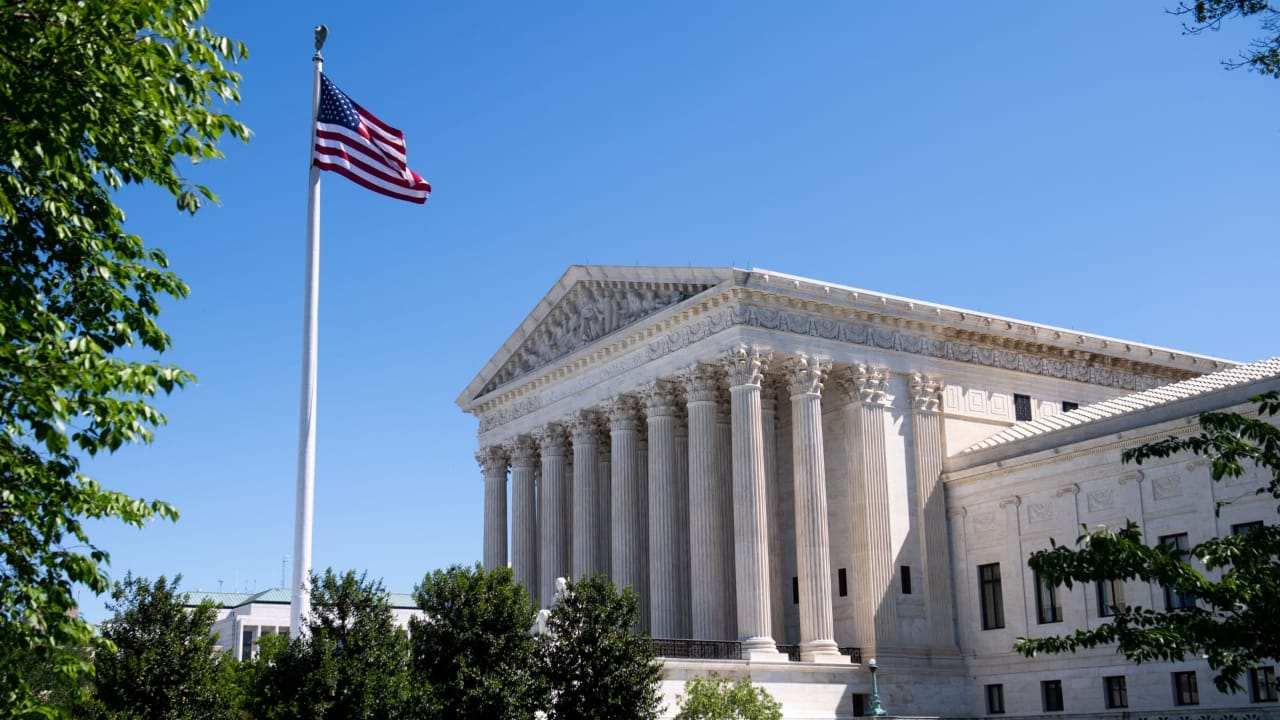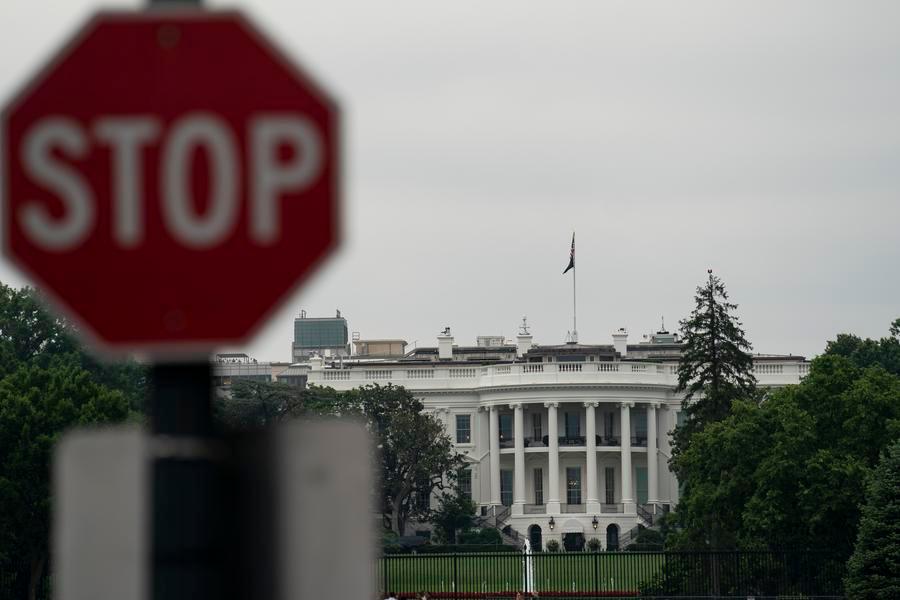Alsharq Tribune- Gina Issa
A U.S. federal judge on Wednesday sided with Harvard University in a lawsuit against the Trump administration, ruling that the federal government illegally froze billions of dollars in research funds.
Allison Burroughs, judge of the U.S. District Court for the District of Massachusetts, wrote in a ruling that "Defendants (U.S. Department of Health and Human Services and U.S. Department of Justice) used antisemitism as a smokescreen for a targeted, ideologically-motivated assault on this country's premier universities."
On April 11, Trump administration officials sent a letter to Harvard, demanding that the university eliminate antisemitism on campus and dismantle diversity initiatives that favor certain minority groups.
The Trump administration "did so in a way that runs afoul of" the Administrative Procedure Act, the First Amendment of the U.S. Constitution, and Title VI of the Civil Rights Act of 1964, wrote the ruling.
On April 14, after Harvard rejected the administration's demands, the Trump administration announced a freeze on 2.2 billion dollars in multi-year grants and 60 million dollars in multi-year contract value to the university.
"We must fight against antisemitism, but we equally need to protect our rights, including our right to free speech, and neither goal should nor needs to be sacrificed on the altar of the other," wrote Burroughs.
Noting that Harvard "was wrong to tolerate hateful behavior for as long as it did," the judge wrote that "Harvard is currently, even if belatedly, taking steps it needs to take to combat antisemitism and seems willing to do even more if need be."
"Now it is the job of the courts to similarly step up, to act to safeguard academic freedom and freedom of speech as required by the Constitution, and to ensure that important research is not improperly subjected to arbitrary and procedurally infirm grant terminations, even if doing so risks the wrath of a government committed to its agenda no matter the cost," Burroughs wrote.
The judge granted a motion for summary judgment, which means she has ruled in favor of Harvard without a trial








.png?locale=en)











